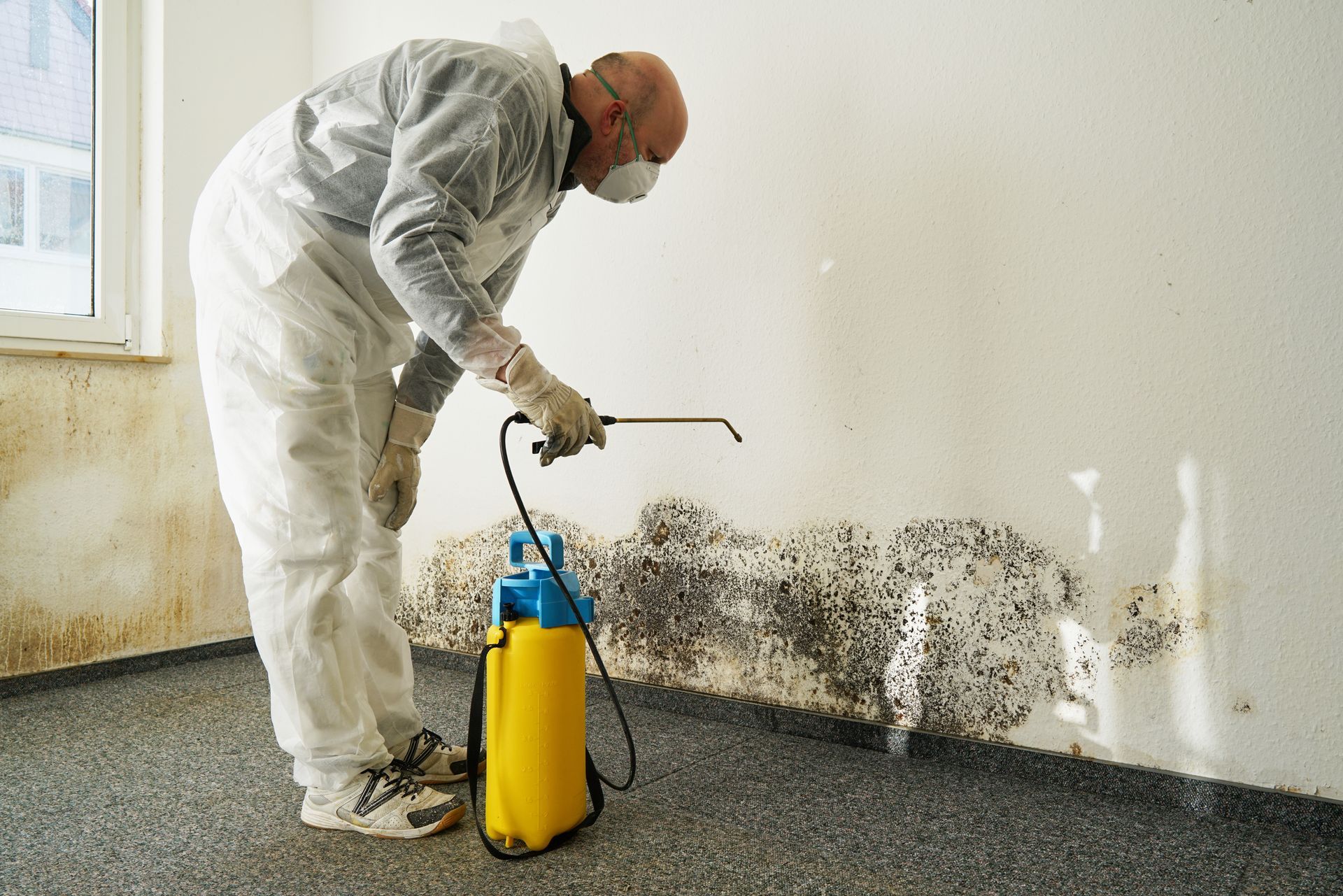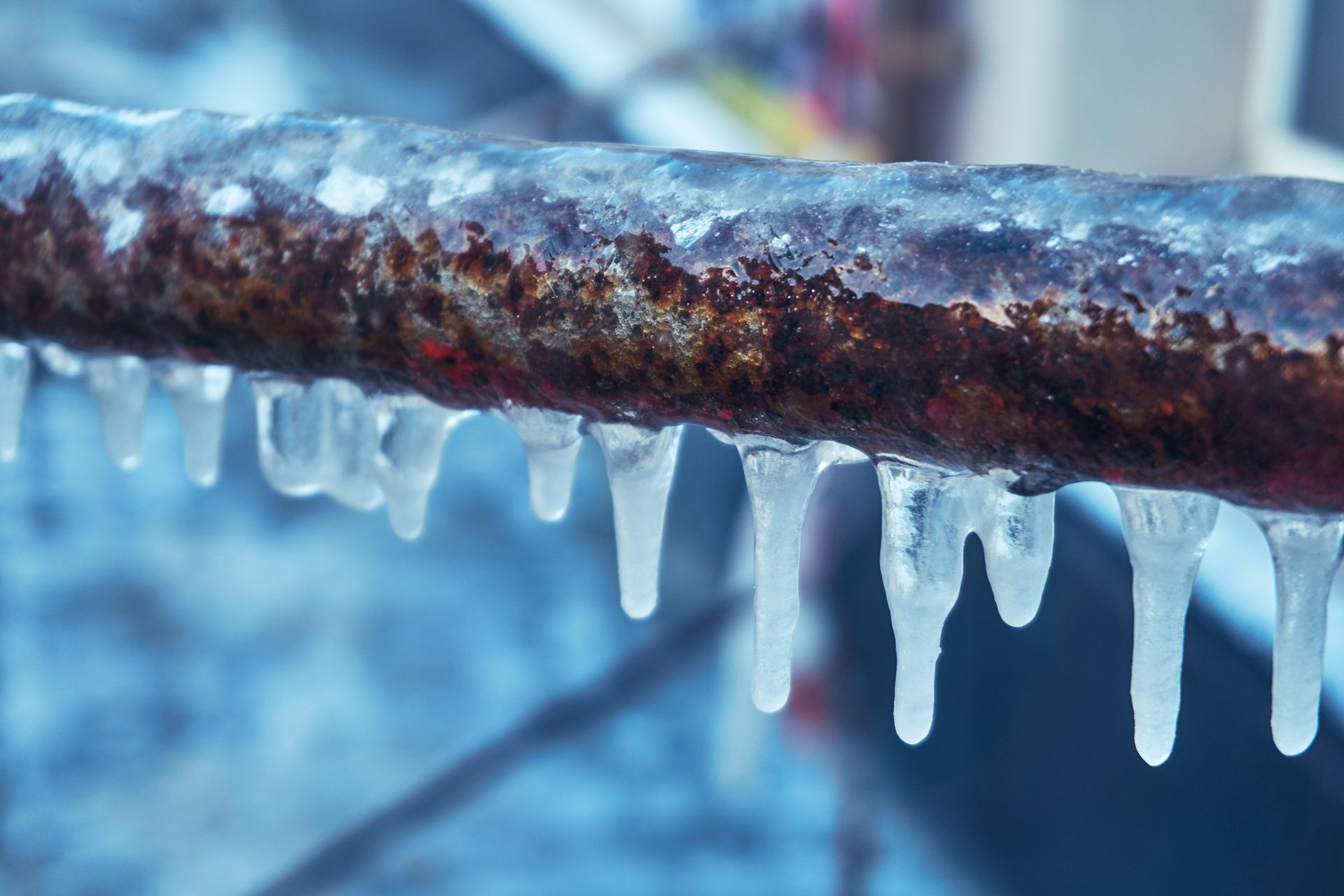Electrical Hazards Following a Storm
When severe storms strike the Gulf Coast region, they bring not only destructive forces, but also a range of electrical hazards that can disrupt operations and endanger the safety of individuals. Understanding these specific storm-related hazards and adopting valuable tips to mitigate risks is crucial in the aftermath of a storm.
Downed Power Lines: Assessing and Reporting Hazards
One of the most significant dangers following a storm is the presence of downed power lines. This situation can be particularly challenging for businesses and institutions with high foot traffic and equipment. It is imperative to educate employees, staff, and students about the potential risks associated with downed power lines and establish clear protocols for reporting and addressing such incidents. Promptly notifying the local utility company and contacting emergency services ensures that professional assistance arrives swiftly.
Damage to Electrical Systems: Prioritizing Safety and Seeking Professional Inspections
Storms can cause extensive damage to electrical systems in commercial buildings, affecting electrical panels, meters, and wiring. Such damage escalates the risk of electrical fires and shocks. If any damage or irregularities are suspected, prioritizing safety becomes paramount. Contacting a licensed electrician for a thorough inspection is essential. These professionals can safely assess and repair the electrical system, ensuring the continuity of operations while mitigating potential hazards.
Flooding and Water-Related Risks: Preventing Electrical Accidents
Areas affected by flooding pose unique electrical hazards that require immediate attention. Designating responsibilities for monitoring and reporting such incidents is crucial, and professionals should promptly shut off or disconnect electrical power in affected areas. Only after a comprehensive inspection by licensed electricians should power be restored to eliminate the risk of electrocution and equipment damage.
Lightning Strikes and Surge Protection: Safeguarding Equipment and Electronics
Lightning strikes during storms can lead to power surges that may damage crucial equipment, electronics, and systems. Installing surge protectors at critical electrical outlets significantly reduces the risk of damage from power surges. However, it is important to recognize that surge protectors have limitations. During severe storms, it is advisable to unplug sensitive devices and appliances as an additional precautionary measure. Establishing clear guidelines for unplugging and protecting equipment during storm events minimizes potential losses.
By placing safety as a top priority, implementing clear protocols, and seeking professional guidance, the risks associated with downed power lines, damaged electrical systems, flooding, and lightning strikes can be effectively mitigated. Promoting awareness among stakeholders, conducting regular inspections, and investing in surge protectors contribute to overall safety and resilience. Taking proactive measures ensures the continuity of operations and the well-being of employees, students, and visitors during and after severe storms along the Gulf Coast.






